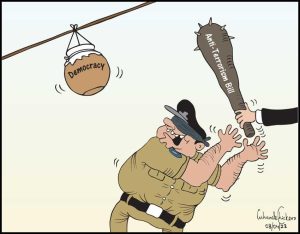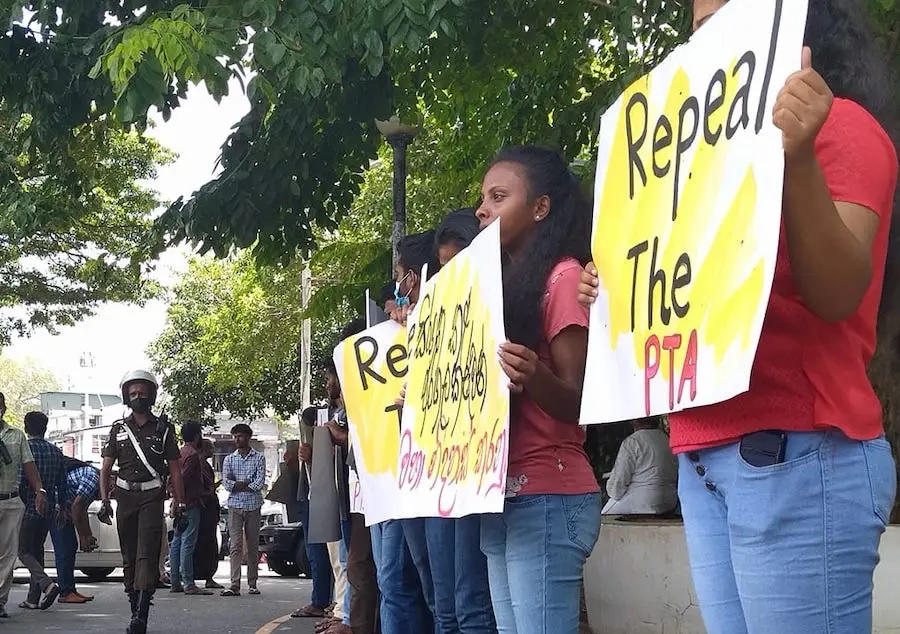Supreme Court Declares Anti-Terrorism Bill Inconsistent with Sri Lanka’s Constitution
In a significant development, the Supreme Court of Sri Lanka has ruled that the proposed Anti-Terrorism Bill is inconsistent with the country’s Constitution. The announcement was made by Deputy Speaker of Parliament, Ajith Rajapaksa, who informed the Parliament that the Speaker had received the Supreme Court’s determination regarding the controversial bill.

The Supreme Court’s determination outlined several key points:
Inconsistencies with Article 12(1): The Court found that Clause 3, Clause 42, Clause 53, and Clause 70 of the Anti-Terrorism Bill are inconsistent with Article 12(1) of the Constitution. It emphasized that a Special Majority in Parliament is required to pass these clauses, but the inconsistencies can be addressed through amendments.
Amendments Required for Specific Clauses: Clause 4, Clause 72(1), Clause 72(2), Clause 75(3), and Clause 83(7) were singled out for amendments as per the Supreme Court’s determination. The nature of amendments varied, with some requiring a Special Majority and others needing adjustments according to the Court’s guidance.
Constitutionality of Passage: The Supreme Court clarified that, subject to the recommended amendments, the Anti-Terrorism Bill could be enacted into law with a Simple Majority. This underscores the importance of incorporating the suggested changes to ensure constitutional compliance.

Referendum Requirements: Notably, the Court specified that Clause 72(1) and Clause 75(3) necessitate a Referendum, emphasizing the need for broader public approval on these particular aspects of the bill.
The determination reflects the judiciary’s role in scrutinizing legislation for constitutional adherence. The Parliament is now tasked with addressing the identified inconsistencies through amendments, with the understanding that the bill, when appropriately revised, can proceed with parliamentary approval. The ruling underscores the delicate balance between security measures and constitutional principles in the ongoing legislative process.







